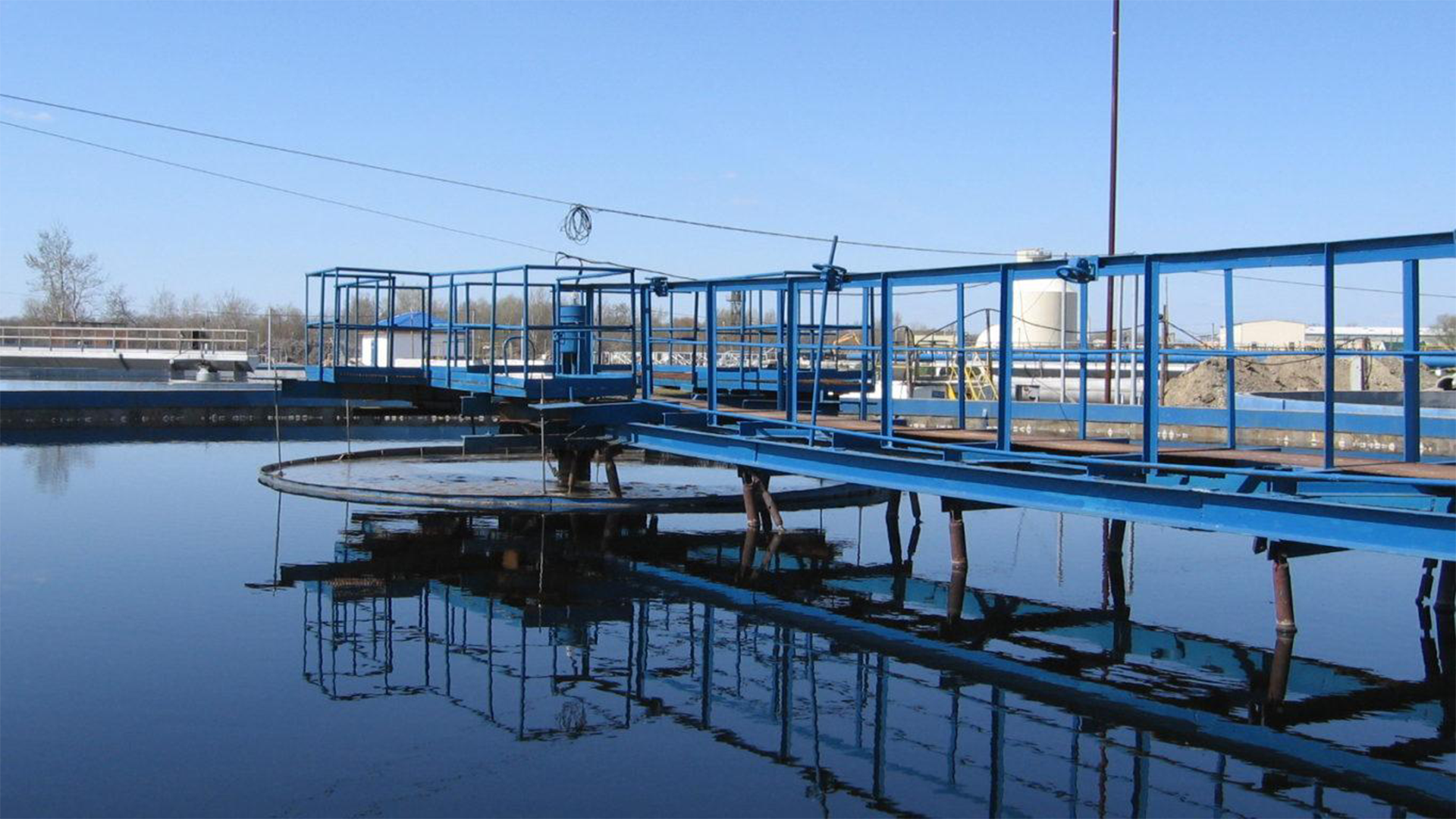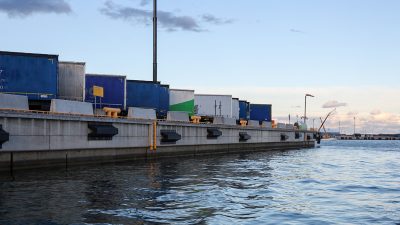The PURE Project
In 2010–2013, the PURE project (Project on Urban Reduction of Eutrophication) improved the efficiency of phosphorus removal in the wastewater treatment plants of Belarus, Poland, Latvia and Estonia. The project was implemented with funding from the EU Baltic Sea Region Programme, and its participants included several water utilities of the Baltic area, and the Union of the Baltic Cities (UBC). In this project, the Foundation implemented technical surveys related to phosphorus removal, and monitored the implementation of wastewater treatment plant investments. Moreover, the Foundation steered the subproject dedicated to the treatment of sludge.

Brest, Belarus
With support from the EU-funded PURE project, the efficiency of phosphorus removal was improved by implementing chemical phosphorus removal at the plant in Brest, Belarus. Investments in Brest were completed in September 2013, when, after a final inspection, the first chemical phosphorus removal system in Belarus was deployed.
Riga, Latvia
Within the scope of the PURE project, the water utility of Riga, Latvia, invested in improving the efficiency of chemical phosphorus removal, improved sludge removal, and incoming water volume measurement. In addition to the EU-funded PURE project, in 2012 the Foundation implemented and financed on its own a second treatment line for chemical phosphorus removal at the Daugavriva treatment plant in Riga.
Jurmala, Latvia
In 2011–2012, with funding from the PURE project, the Sloka treatment plant in Jurmala invested in improving the efficiency of biological nutrient removal.
Kohtla-Järve, Viro, Estonia
In 2010–2012, supported by the PURE project, the treatment plant of Kohtla-Järve improved the efficiency of its wastewater treatment and sludge management. In 2012, the water utility of Kohtla-Järve was removed from the Baltic Marine Environment Protection Commission HELCOM’s ‘hot spot’ list.
Szczecin and Gdansk, Poland
By improving the efficiency of their treatment plants, PURE project participants Szczecin and Gdansk reduced the phosphorus loads entering the Baltic Sea to the levels recommended by HELCOM. The Szczecin water utility was removed from HELCOM’s ‘hot spot’ list in 2012.


